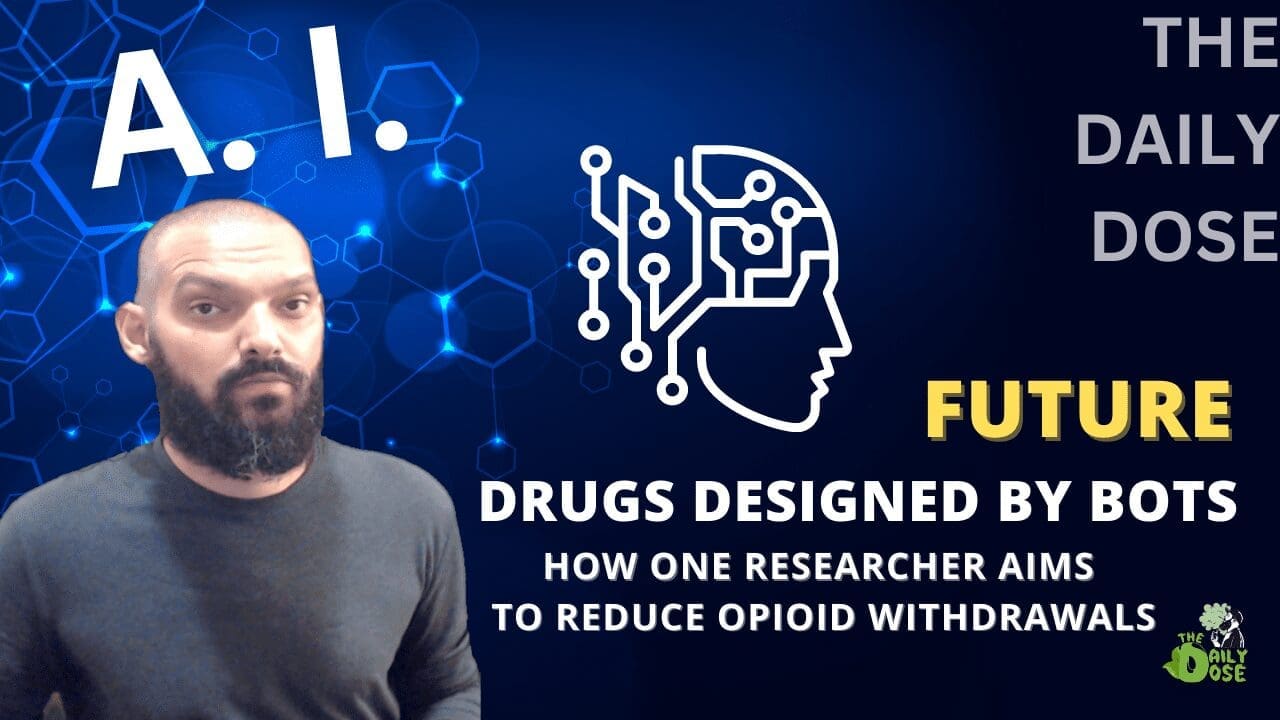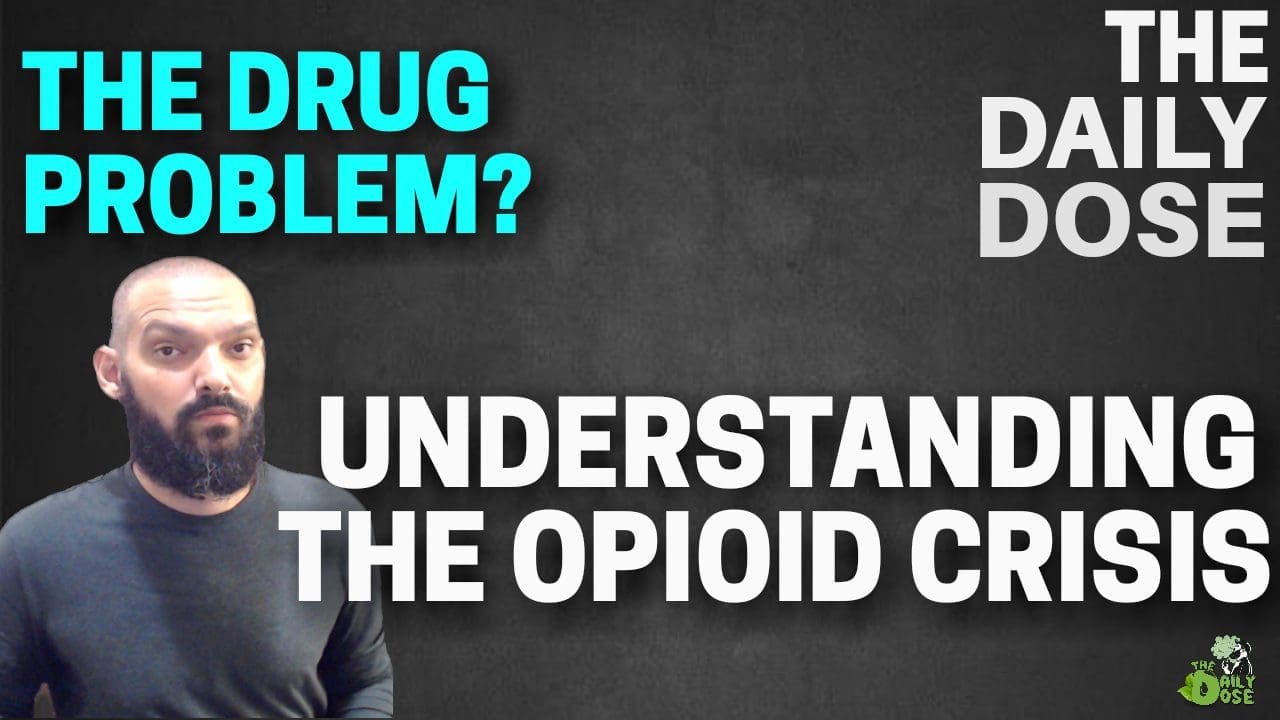Opioid Abuse And Withdrawals
Checkout the full audio episode here at The Daily Dose Podcast
Key Take Away
- AI is transforming drug discovery and development, offering new hope in treating opioid addiction.
- Predictive models, molecular docking, and ADMET predictions are among the key AI strategies in drug design.
- Personalized medicine and continuous monitoring are pivotal in treatment success.
- Case studies demonstrate the successful application of AI in drug development.
- Challenges such as data privacy and algorithmic biases must be addressed to fully harness AI’s potential.
My Thoughts: Opioid Abuse And AI Tech
It’s been the talk of the town, artificial intelligence is being used in everything but in this case I want to highlight it’s use in medicine. The development of drugs is very expensive and time consuming. So using technology to help speed things up is great and positive for humanity specifically when we are talking about medicine. However the idea of using A.I for designing drugs isn’t new.
Technology has always been critical in human history. We use it everyday to improve the quality of life every where so why not use one of the greatest creations known to man to aid in developing thoughtfully chosen potential substances that can be turned into viable medicines. Sounds good right, I agree if it can actually work, if it can drive prices down, if it can create less harmful combinations and maybe even cure disease, then it’s worth a shot.
Data collected by hospitals nationwide show an annual expenditure of $90 Billion on treating opioid addiction. The problem is quite serious especially when we look at the damage in areas where lives have been lost due to over dose or due to the deuteriation of family. In this study they have shown A.I. can be an effective technology for aggregating information needed to design drugs for any purpose.
This specific article is showing the result of one such program where the aim is to reduce or eliminate the suffering associated with opioid abuse. The method shown is discussing the potential of blocking the Kappa opioid receptor associated with the reward system of the brain. The lead researcher goes on to say that withdrawals are very painful for many people and that blocking that pain can help reduce the desire for using opioids. She continues by saying that the abuse of opioids rewire the brain to desire more of that drug.
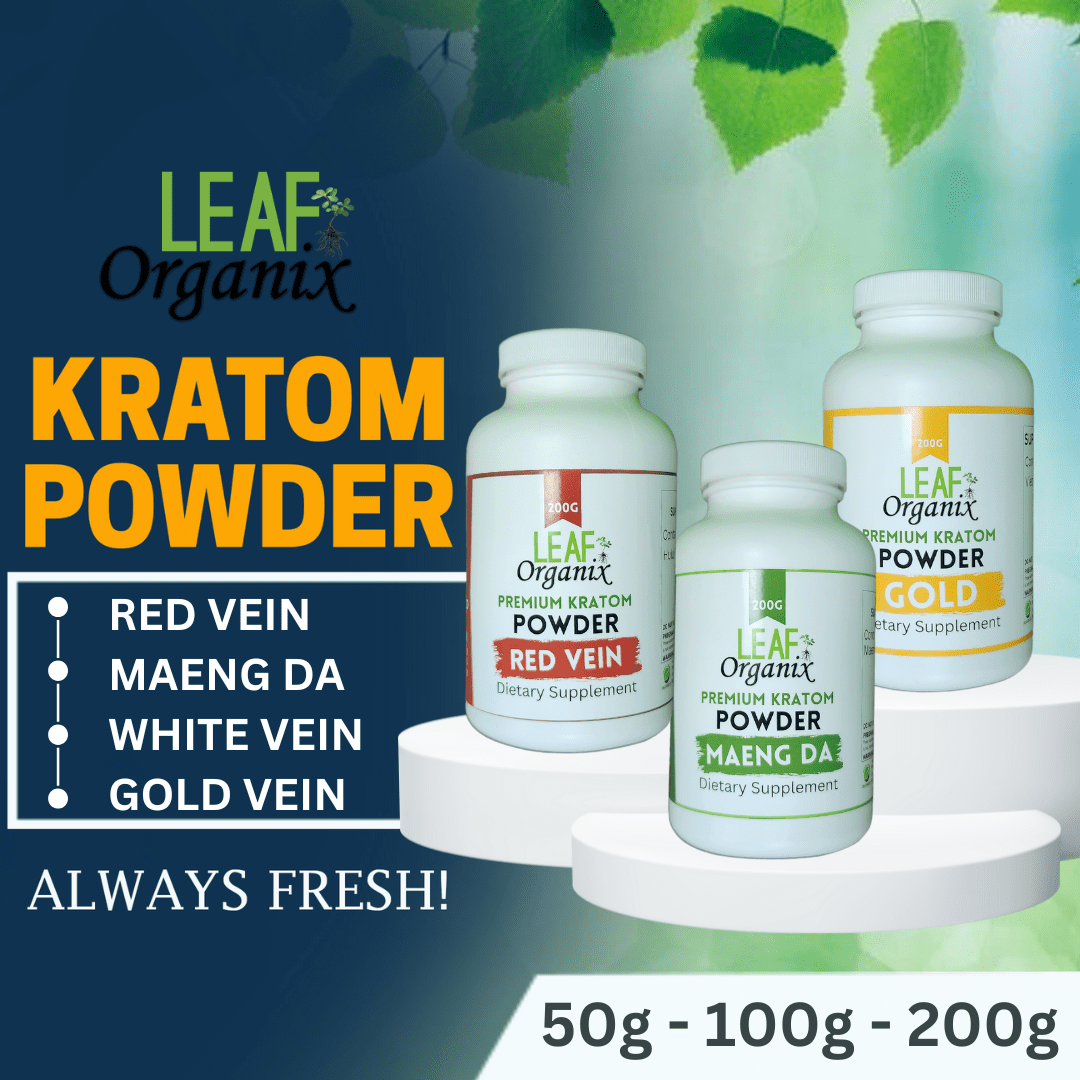
SUMMARY
Artificial Intelligence stands as a beacon of hope in addressing the opioid crisis, offering innovative solutions for drug design and treatment strategies. Its ability to analyze vast datasets and predict treatment outcomes holds the promise of transforming the battle against opioid addiction.
1. Introduction
The opioid crisis has emerged as one of the most devastating public health challenges of our time, wreaking havoc on communities and claiming lives at an alarming rate. Traditional methods of treating opioid addiction face limitations and high relapse rates, signaling a dire need for innovative solutions. Artificial Intelligence (AI), with its remarkable analytical and predictive capabilities, stands at the forefront of this battle, offering new hope in designing effective drug treatments for opioid addiction.
2. The Opioid Crisis: A Brief Overview
Before delving into the technicalities of AI-driven solutions, it’s crucial to understand the gravity of the opioid crisis. Opioid addiction affects millions globally, leading to a staggering number of overdoses and deaths annually. The crisis stems from various factors, including the over-prescription of painkillers and the availability of highly addictive synthetic opioids.
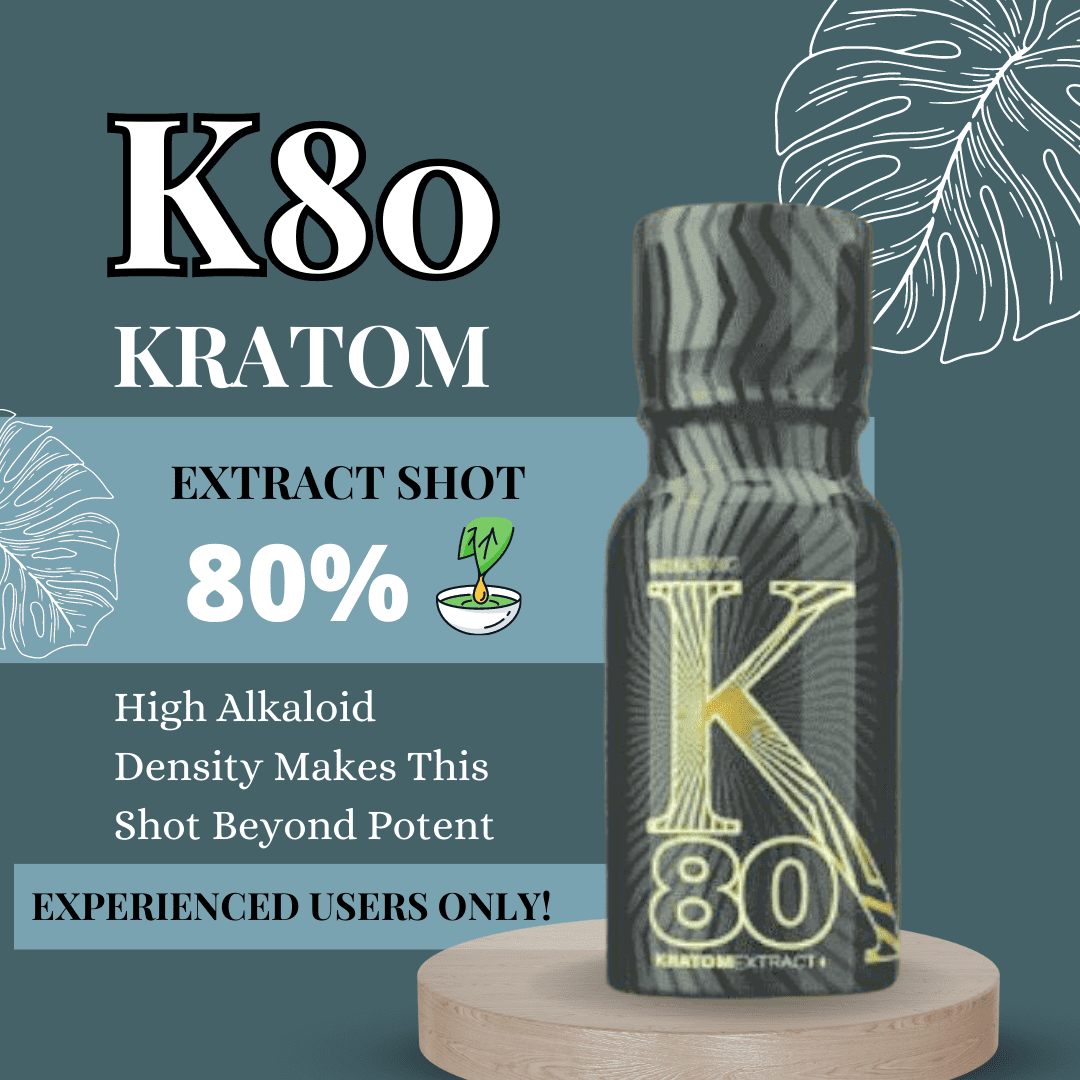
3. The Role of AI in Modern Medicine
AI’s role in modern medicine is rapidly evolving, transforming patient care, diagnostics, and treatment strategies. By leveraging large datasets, AI can uncover patterns and insights beyond human capability, paving the way for groundbreaking advancements in healthcare.
4. AI in Drug Discovery and Development
Drug discovery and development are exceedingly complex and costly endeavors. AI, with its ability to process and analyze vast amounts of data swiftly, is revolutionizing this field. It aids in identifying potential drug candidates, predicting drug-target interactions, and optimizing clinical trials, significantly reducing time and costs.
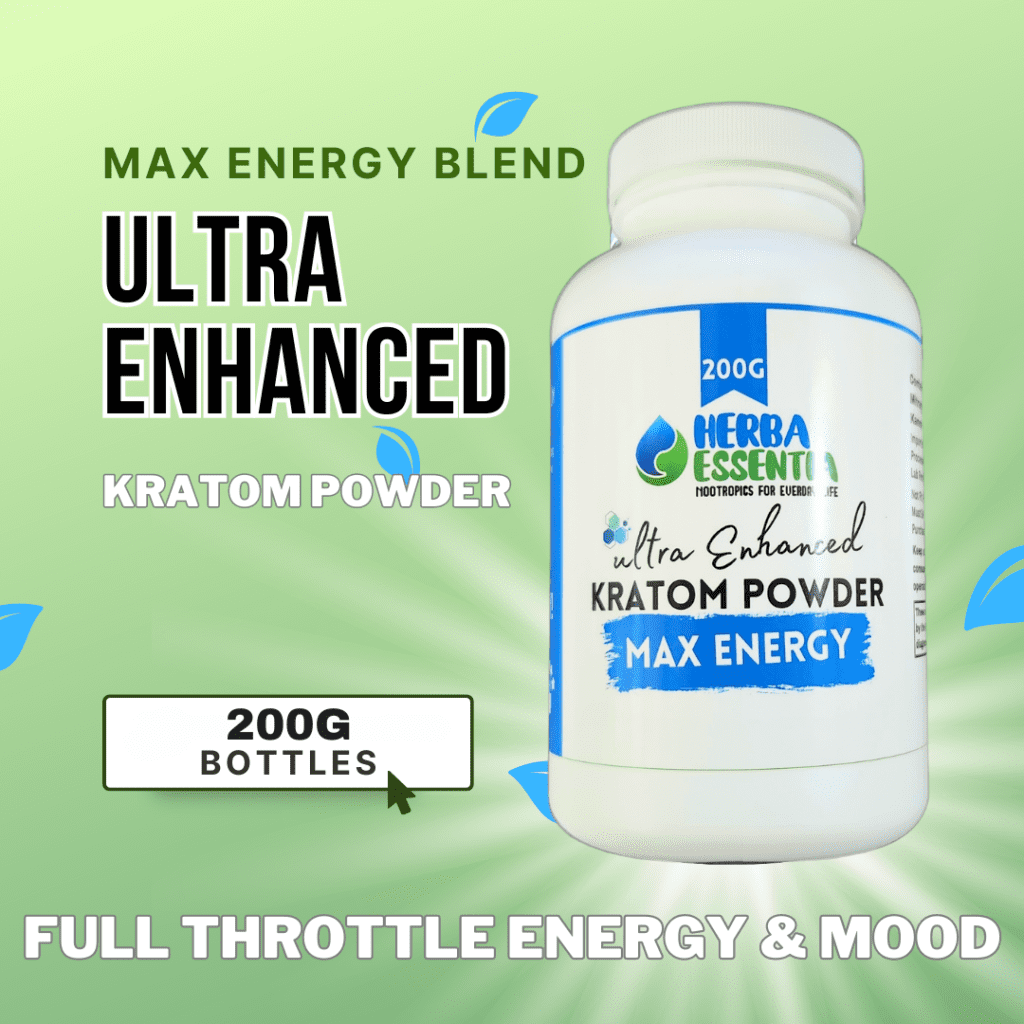
5. AI Strategies for Designing Opioid Addiction Treatments
5.1. Predictive Modeling
AI-driven predictive models can analyze patient data to predict treatment outcomes, enabling healthcare providers to tailor treatment plans effectively.
5.2. Molecular Docking
AI can simulate the interaction between drugs and biological targets, helping researchers understand the binding affinities of potential treatment compounds.
5.3. ADMET Prediction
AI can predict the Absorption, Distribution, Metabolism, Excretion, and Toxicity (ADMET) profiles of potential drugs, ensuring safety and efficacy in early stages.
5.4. Patient Stratification and Personalized Medicine
AI algorithms can stratify patients based on various factors, ensuring personalized treatment approaches that are more likely to succeed.
5.5. Monitoring Treatment Effectiveness
AI can continuously monitor treatment effectiveness, providing real-time insights and allowing adjustments to be made swiftly.
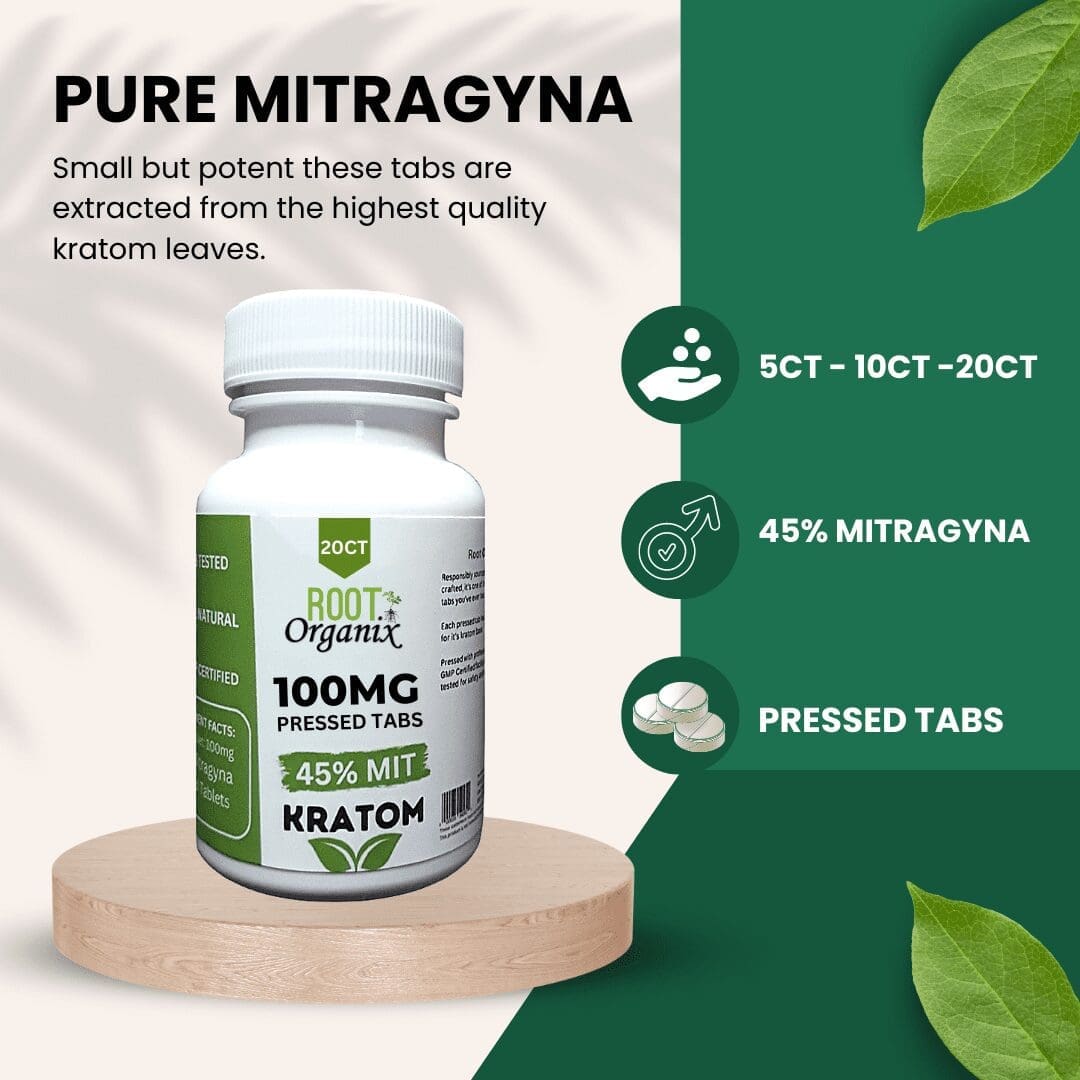
6. Case Studies: AI Success Stories in Drug Development
Highlighting several case studies where AI has played a pivotal role in developing new drugs or treatment strategies, illustrating the potential of AI in combating the opioid crisis.
7. Challenges and Considerations
While AI offers immense potential, it’s not without challenges. Data privacy, algorithmic biases, and the need for robust datasets are among the key considerations.

8. Conclusion On Opioid Abuse And Withdrawals
AI has the potential to revolutionize the way we approach the treatment of opioid addiction, offering more effective, personalized, and efficient solutions. However, realizing this potential requires careful consideration of the associated challenges.
I feel this is a bad idea overall, using another drug that manipulates a receptor to avoid the natural order of things can only lead to more abuse. Think about it, if there were no consequences for your choices would you begin making better ones. Probably not, so this is more like a band aid one that may work for a while but may also back fire horribly. What do you guys think, leave them down below.
Read more on this article here Opioid Addiction And Withdrawals
FAQs
How does AI improve the accuracy of drug-target interactions?
What are the challenges of integrating AI in drug development for opioid addiction?
Can AI predict the risk of opioid addiction relapse?
How does AI contribute to personalized medicine in opioid addiction treatment?
What is the future of AI in treating opioid addiction?
Related Articles:
- Cannabis News, Shrooms, Opioids And Tax
- The Cannabis Opioid Conundrum: Facts Now
- Addiction And Relapse With Kimberley Berlin
- How Long Opiate Withdrawals Last
Meet The Author


